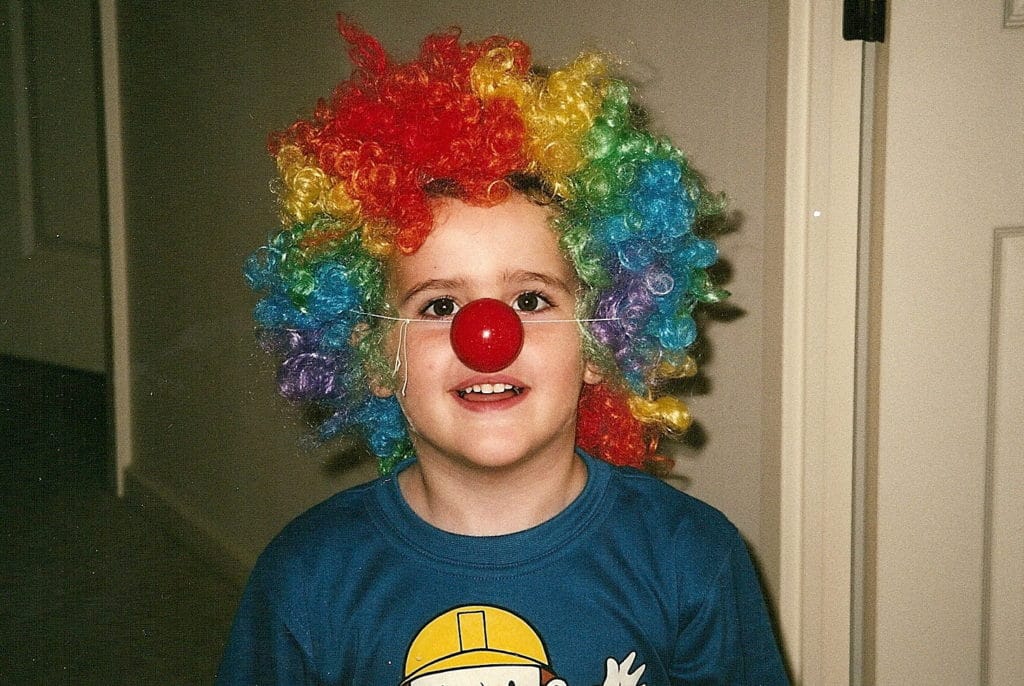
Like all good students, I learned that the “class clown” is a bad kid, a kid who doesn’t take school seriously and is definitely not destined for success.
Then I had four sons. I began to see the many ways institutional education stifles boys’ natural inclinations toward exploration, and the many ways in which boys are harmed by the “sit down and shut up” ethos that is still prevalent in so many schools. I saw my 6-year-old son get in trouble for moving, talking and socializing less than one month into first grade. A few months later, the same son came home with what looked like a massive bruise on his abdomen — which turned out to be the lingering mark of a black walnut he’d smuggled in his shorts. By age 8, the same son hated school. As I wrote in a Washington Post article at the time, “The lack of movement and rigid restrictions associated with modern schooling are killing my son’s soul.”
I have seen, firsthand, the negative impact schooling can have on boys’ self-esteem. Today, I found a research study that explains how schooling squelches so many boys’ love of learning.
According to the study, which was published in Frontiers in Psychology, kindergarten teachers tend to view boys’ playfulness much differently than girls’. Boys who are playful are regarded by their teachers as rebellious and intrusive. They are labeled “class clowns,” and considered to have poor social skills. And in time, the boys and their classmates pick up on the teachers’ perceptions. Initially, both the boys and their classmates considered the playful boys “fun” and “appealing” playmates. But as they watch their teacher consistently attempt to stifle the boys’ playfulness, they come to see such behavior — and boys who exhibit it — as bad and undesirable.
“Children regularly observe playful boys, or ‘class clowns’, being treated negatively by their teachers, and over time come to change their view of them as desirable playmates in 1st and 2nd grades to being seen as boys who should be avoided or spurned in 3rd grade,” said study author Dr. Lynn A. Barnett.
And in that light, I suddenly feel respect and compassion for the boys who manage to maintain their aura of playfulness, in spite of the fact that they are routinely stigmatized by their teachers and peers. I feel grateful for the posse of boys who surround my son — who, at age 12, is a self-described “class clown.” Their support of his silliness and harmless antics (i.e., jumping into a snow bank, shirtless, after their team wins a basketball game), and his support of their escapades, is almost an act of rebellion. Whenever possible, they insert a little fun into the seriousness of school. Their contributions are not always appreciated, and these boys (my son included) have served detentions. But together, they are surviving. They are holding one another up in a system that doesn’t always appreciate their gifts and talents.
Class clowns, I salute you.






